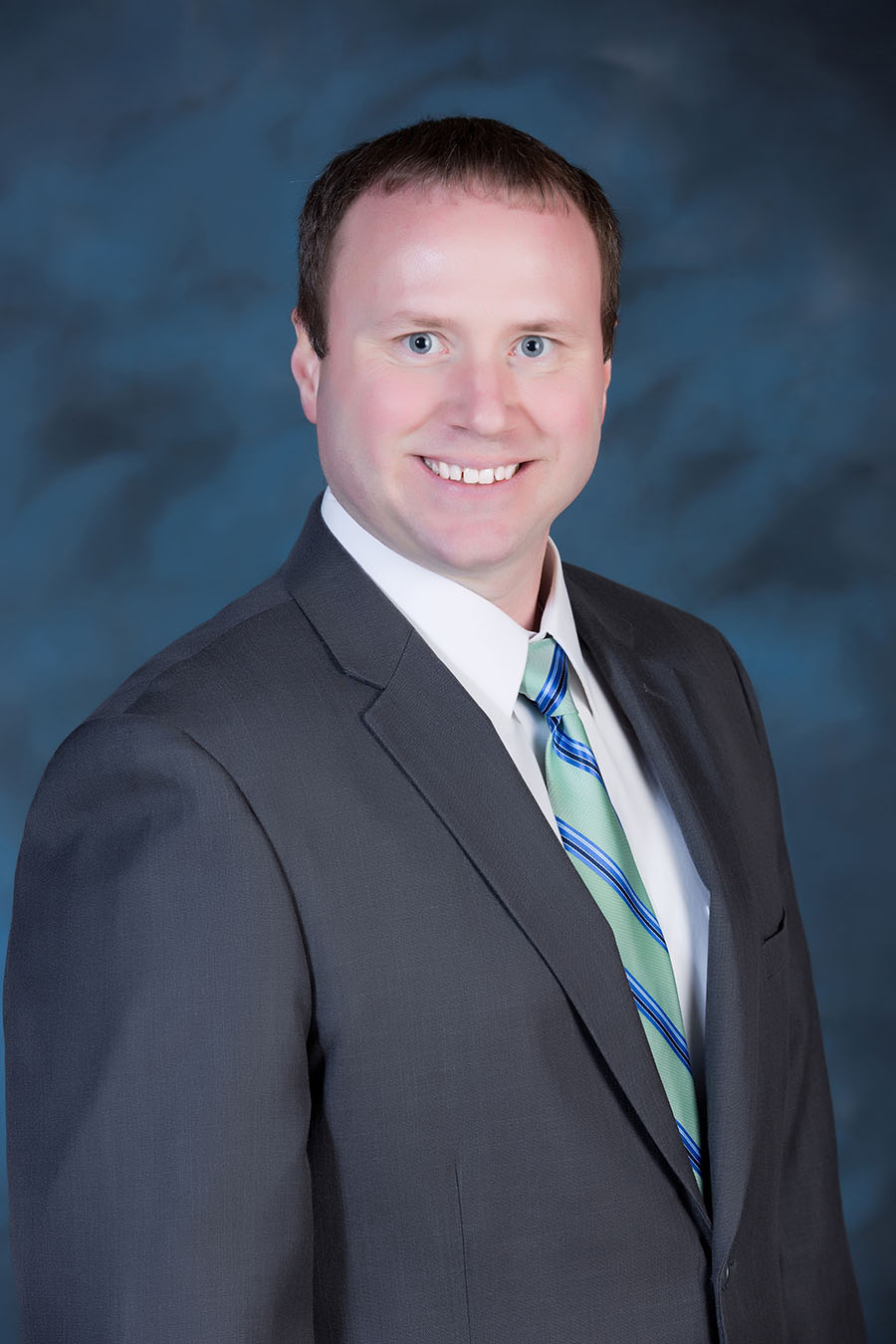What You Need to Know About Buying Your First House
02/28/2025
By: Craig Ventzke, Grand Forks Region Mortgage Lender

Buying your first home and don’t know where to begin? Our Grand Forks Mortgage Loan Officer, Craig Ventzke sits down with Katie Nehl, VP of Communications at FCCU to answer some common questions about buying a home and gives tips on what you can expect.
You can also listen to the full version of this sit-down, via our podcast, ‘Let’s CU Succeed’.
Katie: What’s the benefit of buying a house versus renting?

Craig: When you buy a home, you’re building equity, which means you have a tangible asset that contributes to your personal wealth and financial stability. Renting, on the other hand, often feels like throwing money away because you're paying someone else’s mortgage instead of building your own investment. I frequently receive calls and emails from people tired of renting and ready to invest in their own property. The biggest benefit of homeownership is that you’re investing in your own future rather than someone else’s.
K: If I decide to purchase a home, what’s the first step?
C: The first step is to speak with a mortgage lender, whether it’s me or another FCCU mortgage lender, to get pre-qualified. If you're planning to work with a real estate agent, one of the first things they'll ask is whether you're pre-qualified. The easiest way to do this is by filling out an application. We offer an online application on our website, or you can meet with one of our loan officers in person or apply over the phone.
K: What does it mean to get pre-qualified, and why is it important?
C: Pre-qualification involves reviewing your credit, income, and existing debt, including student loans, credit card payments, and other obligations. This process helps us determine whether you qualify for a loan and how much you can afford.
Pre-qualification is crucial because it helps set realistic expectations when shopping for a home. Without it, you could waste time looking at houses outside your budget or making offers on homes you can’t afford. It also helps sellers take your offer seriously since they know you have the financial backing to proceed with the purchase.
K: What factors determine how much I can get pre-qualified for?
C: Your credit score is a significant factor. Other key elements include your employment history, length of employment, and existing debt. These factors help us determine whether you qualify for a loan and the amount you can borrow.
K: What home loan programs and payment options are available for first-time buyers?
C: At FCCU, we offer several options for first-time homebuyers, including:
- USDA (Rural Development) Loans – These allow buyers to purchase a home with 0% down.
- Conventional Loans – Require as little as 3% down.
- FHA Loans – Require a 3.5% down payment.
- North Dakota Housing Finance Agency Programs – Provide assistance for down payments and closing costs.
Since not everyone qualifies for every program, it’s important to meet with a lender to explore your best options before beginning your home search.
K: What documents do I need to buy my first house?
C: You’ll need basic financial documents, including:
- Pay stubs from the past month
- W-2s and tax returns from the past few years
- Bank statements
- Other financial documents such as 401(k) or IRA statements
These documents help us assess your financial situation and loan eligibility.
K: Once I’m pre-qualified, how long do I have to buy a home?
C: A pre-qualification is valid for 120 days. If the buyer takes longer to find a home, we may need to update the credit report. Once you find a home and make an offer, we typically need another 60 days to close the loan. This timeline typically works well for most home buyers, but we are of course willing to work with you if you are struggling to find the right home.
K: What are closing costs and how much should I expect to spend?
C: Closing costs typically range around $10,000 for a $200,000 home. In addition to lender fees, appraisals, and title work, you’ll also need to cover pre-paid expenses like homeowner’s insurance and property taxes. Many buyers overlook these additional costs, so it’s important to factor them in when budgeting.
K: Are there any additional costs I should be aware of?
C: Beyond loan-related expenses, new homeowners often need extra funds for furniture, home improvements, and other essentials. Since these costs can’t be rolled into your mortgage, it’s wise to set aside money for them in advance. Also, avoid making large purchases before closing, as this can impact your loan approval.
K: What common mistakes do first-time homebuyers make?
C: One of the biggest mistakes is skipping a professional home inspection. While it may seem like an extra expense, a licensed inspector can identify potential issues that could cost thousands to fix later. It’s always worth the investment for peace of mind.
K: Any final tips for first-time homebuyers?
C: Be cautious when dealing with online lenders that advertise extremely low interest rates, as they may have hidden fees. Shopping around is important, but working with a local lender offers the advantage of face-to-face service and easier communication. A local lender understands your market better and can provide personalized guidance throughout the home-buying process.
Buying your first home is an exciting milestone, but being prepared and informed can make all the difference. If you have more questions or are ready to start the process, reach out to Craig or any of our other lenders through their contact information, found here.
Craig Ventzke NMLS #1484587
*Home loans subject to credit approval. Equal Housing Opportunity. Information in podcast is subject to change.

